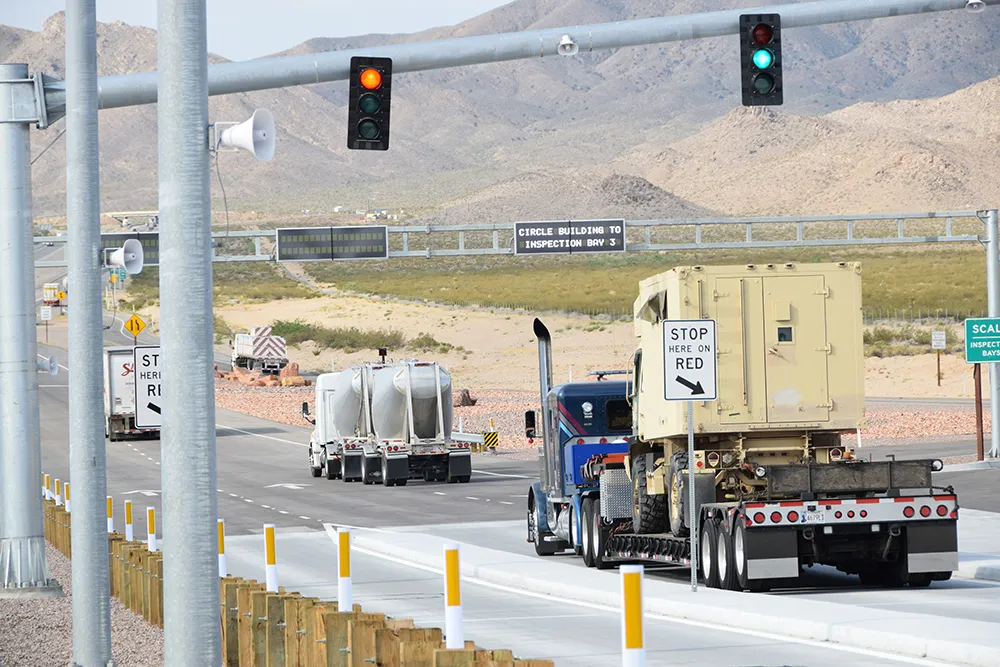Figures released by the
The data shows that trucks bypassing the port save an average of five minutes of time per incident, and almost a half a gallon of fuel. This amounts to a savings of about US$8.68 per bypass. Commercial trucks using WIM to bypass Idaho ports saved 33,365 hours and more than 16,000 gallons of fuel.
From 1 July 2016 to 30 June 2917, the impact at the four POEs was:
- Huetter POE (Northern Idaho): 58,356 vehicle bypasses; saving US$506,530;
- Lewiston POE (North-Central Idaho): 89,049 vehicle bypasses; saving US$772,945;
- East Boise POE (Southwest Idaho): 247,378 vehicle bypasses; saving US$2,147,24;
- Inkom POE (Southeast Idaho): 5,600 vehicle bypasses (June only); savings US$48,608
Total number of bypasses = 400,383; saving US$3.475 million
The system allows commercial trucks that meet state size and weight limits to bypass weigh stations at highway speeds. An estimated 50 to 60 per cent of commercial truck traffic will be able to bypass the ports.
“These projects are an outstanding example of how the department is meeting its mission to improve safety, mobility and economic opportunity for Idaho and the nation,” Reymundo Rodriguez, Department of Motor Vehicles compliance manager, said.
Vehicles bypassing POE facilities save drivers and companies valuable time on the road, reducing fuel and operating costs while increasing productivity. They also benefit the state and other highways users by reducing congestion around weigh stations and enabling inspectors at the port to focus their efforts on carriers that demand the most attention.








